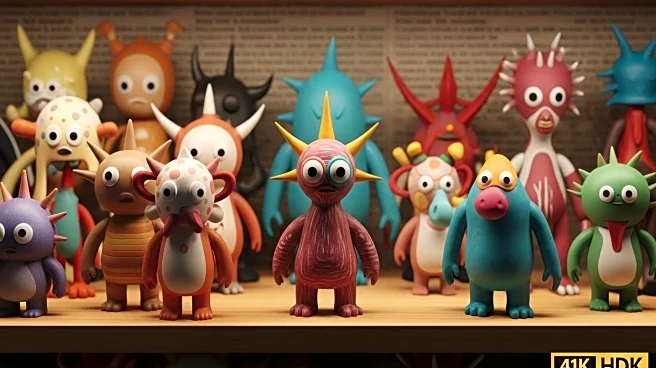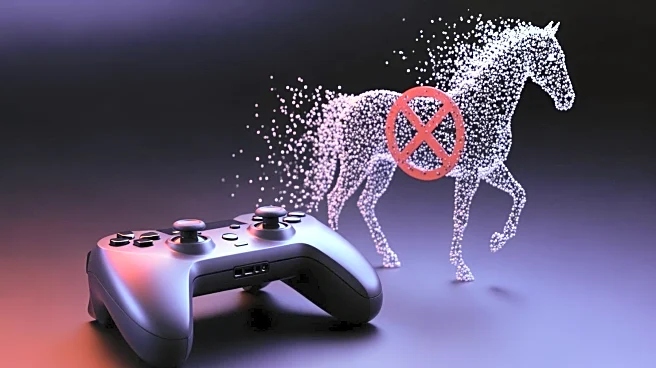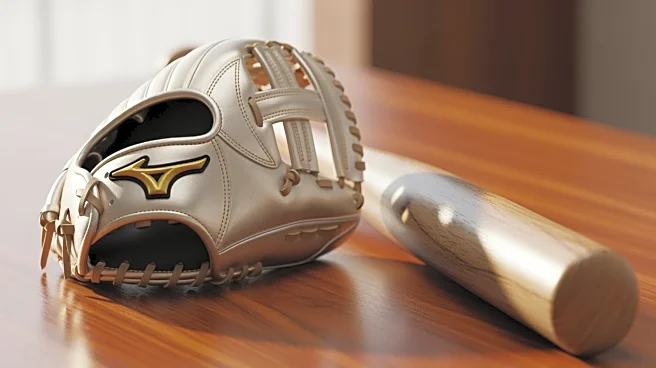What's Happening?
Pop Mart, a Chinese toy company, has intensified its legal battle against 7-Eleven, Inc. and several franchise operators in the Central District of California. The lawsuit, initially filed in July, accuses 7-Eleven of selling counterfeit Labubu toys, infringing on Pop Mart's trademark, copyright, and trade dress rights. In a recent amended complaint, Pop Mart has added new defendants and expanded its factual record, alleging that 7-Eleven has the ability to control the sale of these counterfeit products through its franchise agreements and inventory systems.
Why It's Important?
This case underscores the complexities of intellectual property enforcement in the retail sector, particularly concerning franchise operations. The outcome could set a precedent for how parent companies like 7-Eleven are held accountable for the actions of their franchisees. A ruling in favor of Pop Mart could lead to stricter controls and compliance measures within franchise systems, impacting how global brands manage their intellectual property rights.
What's Next?
As the case progresses, both parties are likely to present further evidence to support their claims. Pop Mart's strategy to include vicarious and contributory liability theories aims to hold 7-Eleven accountable at multiple levels of its franchise network. The court's decision could influence future cases involving franchise liability and counterfeit goods, potentially prompting legislative or regulatory changes in the retail industry.










